- (213) 369-4583
- Monday - Friday
- 9 am - 5 pm
Spine Surgeon: Understanding the Expertise and Role in Diagnosing and Treating Spine Conditions

Jun 06, 2024
Introduction
Maintaining a healthy spine is crucial for overall well-being, as it supports the entire body and enables movement. However, spine-related conditions can significantly impact daily life, causing pain, limited mobility, and even disability. A spine surgeon plays a vital role in diagnosing and treating these conditions, ensuring patients receive the best possible care. In this blog, we will explore the role of a spine surgeon, the types of conditions they treat, diagnostic techniques used, treatment options offered, and factors to consider when selecting the right spine surgeon.
Types of Spine Conditions Treated by a Spine Surgeon
Spine surgeons treat a wide range of conditions, including:
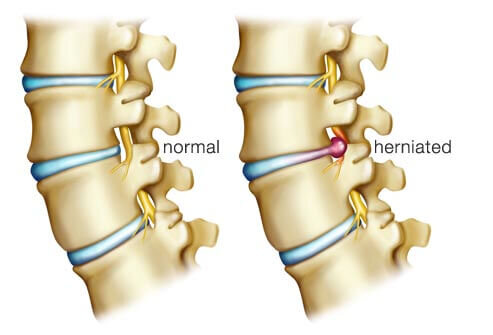
Herniated Discs: A herniated disc occurs when the soft, gel-like center of a spinal disc bulges out through a tear in the outer, tougher layer. This can cause pain, numbness, and weakness in the back and legs.
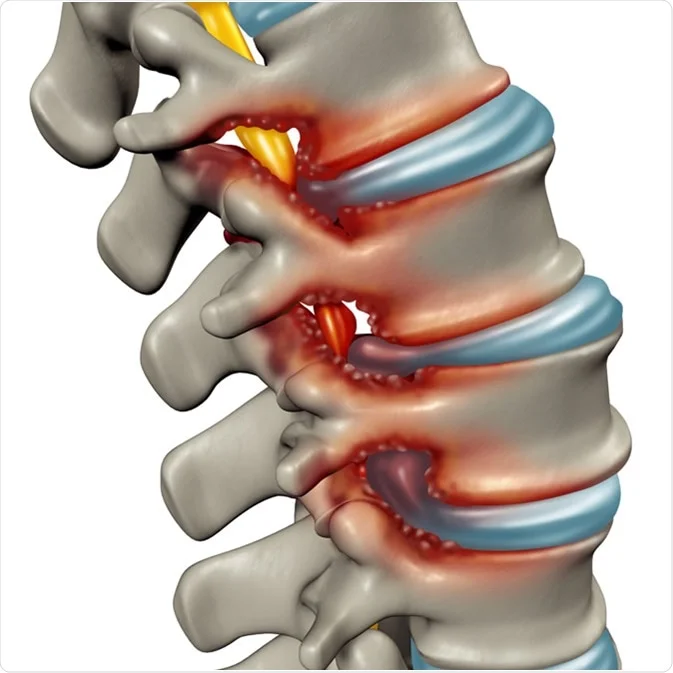
Spinal Stenosis: Spinal stenosis is a condition where the spinal canal narrows, putting pressure on the spinal cord and nerves. This can cause pain, numbness, and weakness in the back and legs.
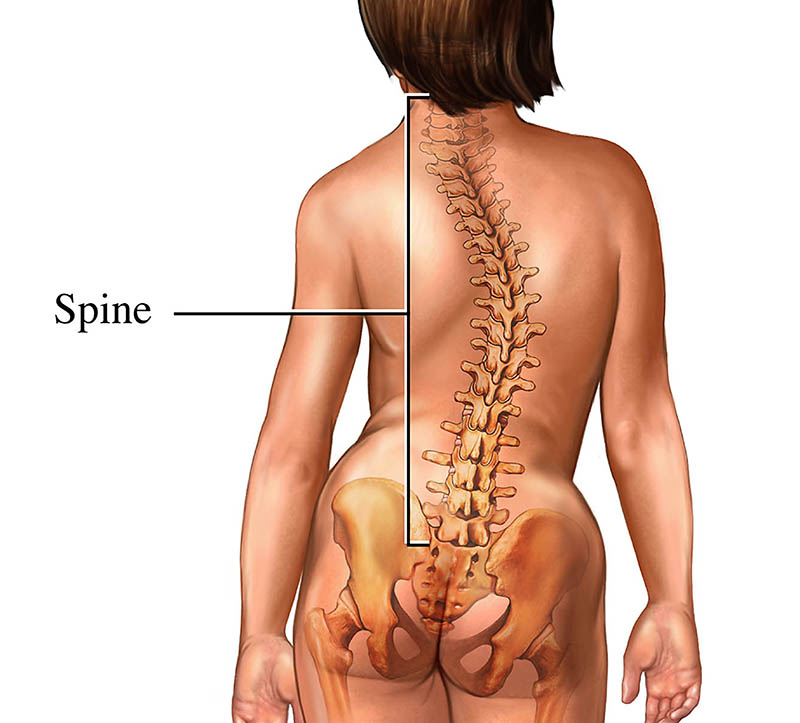
Scoliosis: Scoliosis is a condition where the spine curves abnormally, often causing uneven shoulders and hips.
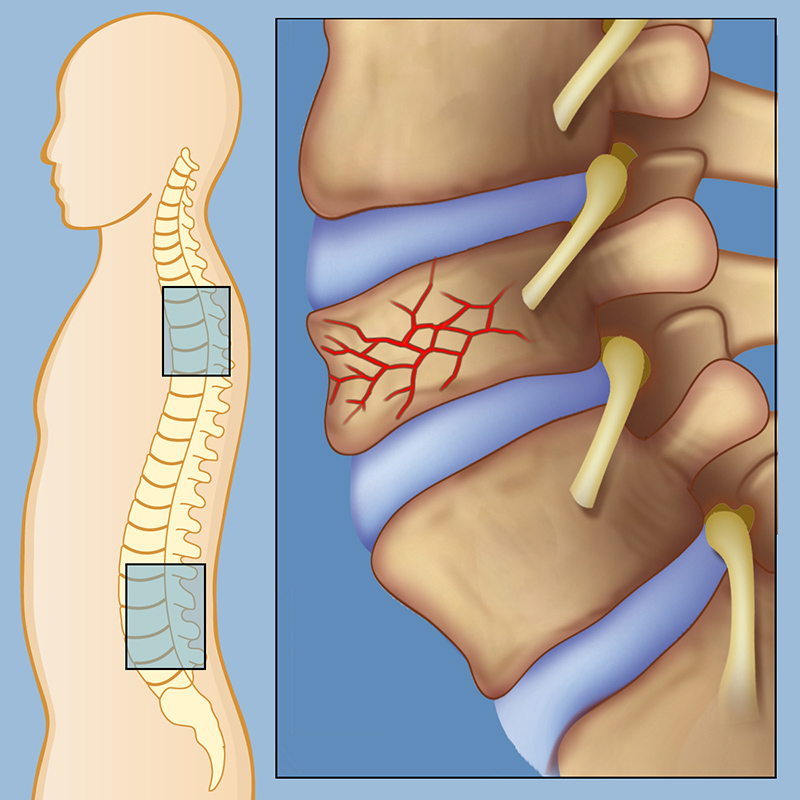
Spinal Fractures: Spinal fractures occur when the spine is broken due to trauma, osteoporosis, or other conditions. This can cause severe pain and limited mobility.
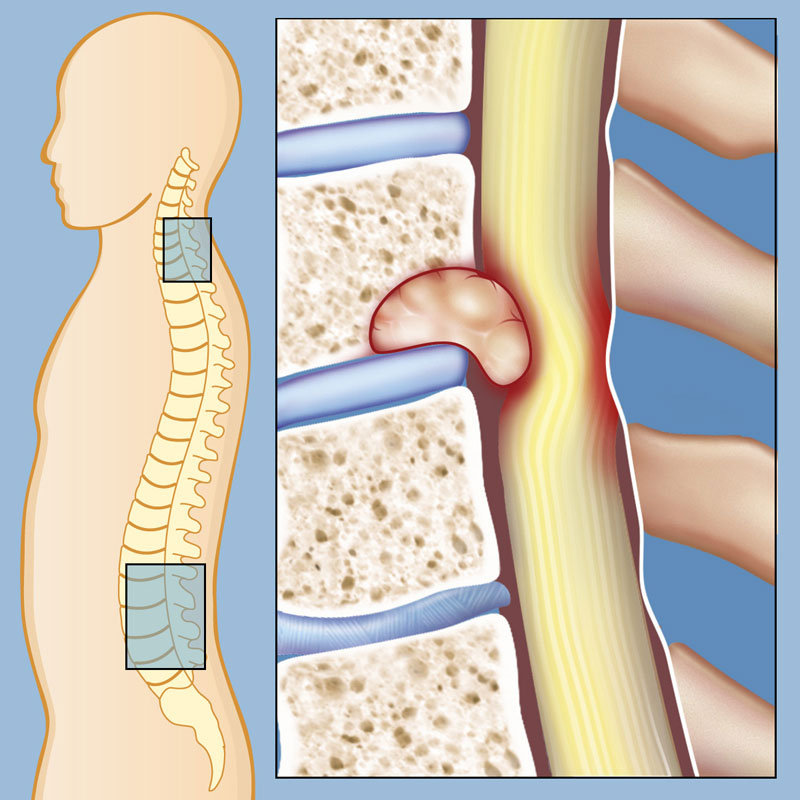
Spinal Tumors: Spinal tumors are abnormal growths that can occur in the spine, often causing pain, numbness, and weakness.
Each of these conditions can significantly impact daily life, making it essential to seek expert care from a spine surgeon.
Diagnostic Techniques Used by a Spine Surgeon
To diagnose spine conditions, spine surgeons use various techniques, including:
- Physical Examination: A physical examination helps the surgeon assess the patient's range of motion, muscle strength, and reflexes.
- Imaging Tests: Imaging tests such as X-rays, CT scans, and MRI scans help visualize the spine and identify any abnormalities.
- Electromyography (EMG): EMG measures the electrical activity of muscles to diagnose nerve damage or compression.
- Nerve Conduction Studies (NCS): NCS measures the speed and strength of nerve signals to diagnose nerve damage or compression.
These diagnostic techniques help spine surgeons accurately diagnose spine conditions and develop effective treatment plans.
Treatment Options Offered by a Spine Surgeon
Spine surgeons offer a range of treatment options, including:
- Conservative Treatments: Conservative treatments such as physical therapy, pain management, and bracing can help alleviate symptoms without surgery.
- Surgical Interventions: Surgical interventions such as spinal fusion, discectomy, and laminectomy can help alleviate symptoms and restore spinal function.
- Minimally Invasive Procedures: Minimally invasive procedures are less invasive and often result in less post-operative pain and a faster recovery.
Each treatment option has its benefits and risks, and a spine surgeon will help patients determine the best course of action.
Choosing the Right Spine Surgeon
When selecting a spine surgeon, consider the following factors:
- Qualifications and Experience: Ensure the surgeon has extensive experience in treating spine conditions and is board-certified.
- Patient Reviews and Testimonials: Research patient reviews and testimonials to gauge the surgeon's reputation and patient satisfaction.
- Insurance Coverage and Billing Practices: Verify the surgeon's insurance coverage and billing practices to avoid unexpected costs.
- Communication Style and Bedside Manner: Choose a surgeon with a clear and compassionate communication style.
- Tips for Asking the Right Questions: During consultations, ask questions about the surgeon's experience, treatment options, and potential complications.
Conclusion
In conclusion, a spine surgeon plays a crucial role in diagnosing and treating various spine-related conditions. Understanding the types of conditions they treat, diagnostic techniques used, treatment options offered, and factors to consider when selecting a spine surgeon can help patients make informed decisions about their care. By choosing the right spine surgeon, patients can ensure they receive the best possible care and achieve optimal outcomes.
Don't let spinal pain hold you back any longer. Schedule a consultation with our expert spine surgeons today and start your journey towards a pain-free life.
Contact Information:
- Southern California Brain & Spine Surgery
- Phone: (213) 369-4583
- 101 E Beverly Blvd, Ste 404A Montebello, CA 90640




